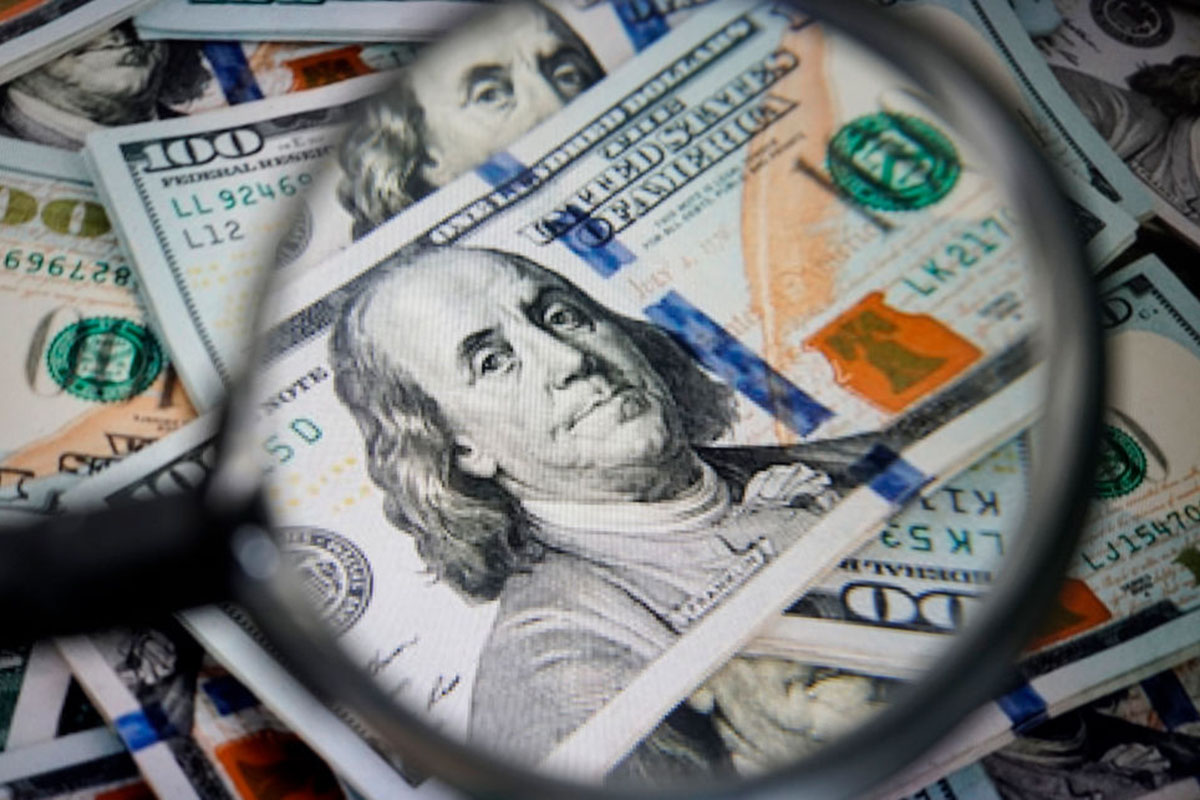TAX BILL SIGNED BY NEW JERSEY GOVERNOR PHIL MURPHY BENEFITS ATLANTIC CITY CASINOS
| US Sportsbooks · Bonus Codes · Betting News · Special Update |
A few days ago, New Jersey Governor Phil Murphy signed into law a bill designed to give much needed tax relief to casinos in Atlantic City. This bill could potentially prevent the closure of as many as four of these casinos. The Democratic governor of the state has given these casinos relief that they have been seeking for a long time.
This relief is from an existing law that allows casinos in the area to make payments to Atlantic City, Atlantic County, and the school system instead of paying property taxes. The bill that Governor Murphy signed scales back the large increases in these payments that the casinos were set to have to make in the coming year. The bill was passed by the New Jersey state Legislature a few days before Governor Murphy signed it into law.
The outgoing Democratic president of the New Jersey state Senate, Steve Sweeney, has indicated that as many as four of the nine casinos in Atlantic City were in danger of closing prior to the passage and signing of the bill. However, he did not offer evidence to back up this claim, nor has any claim of this nature been made publicly by any of these casinos.
A few days ago, in a statement, The Casino Association of New Jersey said that this measure will be able to protect thousands of jobs as well as to provide stability to the market and certainty. The bill is intended to help casinos recover from a global emergency the world has been battling for over a year and a half.
It hopes to accomplish this by reducing the large increases in payments in lieu of property taxes for these Atlantic City casinos that were set to take effect if the passage of the bill has not occurred. Now, these casinos will still need to pay more to Atlantic City, Atlantic County, and the school system next year even with the enactment of the bill. However, the amount of the increase has been reduced.
With the signing of the bill, the casinos are set to pay altogether around $10 million to $15 million more in the coming year. Without the bill, their payments would be set to rise by 50%. The state reported revenue figures showing that the overall numbers from casinos rose this past year.
But, the casinos claim that these reported figures are actually distorted and not representative of their actual financial condition. This is because these numbers include money from internet gambling as well as sports betting with the money won from in-person gamblers. Online and sports betting money is required to be shared with third party providers such as sportsbooks as well as technology platforms.
And, this is a sizable reason why the bill does not include those two streams of revenue, which are the fastest growing in the casino industry in Atlantic city, from the calculations to figure out how much the casinos owe in lieu of property taxes. The casinos claim that the core of their business, which is money from in-person gamblers, is actually down a significant amount from two years before due to the aforementioned global emergency.
At the same time, two of the newest casinos, Ocean Casino and Hard Rock Casino, have seen their revenue from in-person gambling increase in the past couple of years. However, the seven remaining casinos have seen their collective revenue drop by 22% during the same period. This information is according to the Casino Association of New Jersey.
Five years ago, the first version of this bill was actually passed. This was when Atlantic City was dealing with the impact of the closure of five of its twelve casinos. At that time, the casinos were easily able to demonstrate that their businesses would be worth less in a market that was declining.
So, the casinos were able to successfully appeal their assessments for property taxes each year. This created large holes in the budget for Atlantic City. But, the law prevented them from being able to appeal, this was in return for the ability to know what their exact financial responsibilities would be for the coming years.
The state taxes that must be paid by casinos on internet gambling revenue, which is 15%, online sports betting revenue, which is 13%, and in-person casino revenue, which is 9.25% is not affected by the bill.
Written by Allie Nelson, our US Sports Betting Industry Expert. You can learn more about our author's expertise here.
News News
-
 NEWS JUN 13, 2025
NEWS JUN 13, 2025Illinois Sports Betting Tax: ‘Another Set of Teeth on the Buzzsaw’
-
 NEWS SEP 23, 2024
NEWS SEP 23, 2024How Sweepstakes Casinos Might Drive The Future of Online Gambling
-
 NEWS JUL 26, 2024
NEWS JUL 26, 2024Bet Bash Sports Betting Conference Expands Horizons In 2024
- NEWS JAN 19, 2024
betVictor Ontario Review July 2025
-
 NEWS JUL 28, 2023
NEWS JUL 28, 2023Bet Bash More Than Just A Sharp Bettors’ Conference
-
 NEWS SEP 22, 2022
NEWS SEP 22, 2022Rams Vs. Cardinals – WynnBET Bonus Code: XINSIDER






